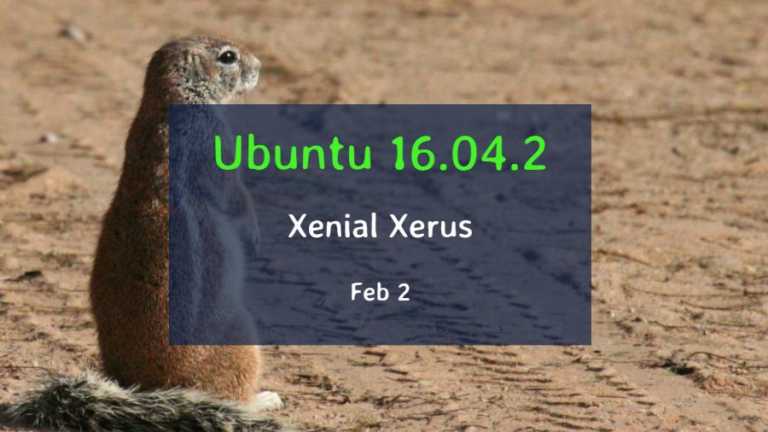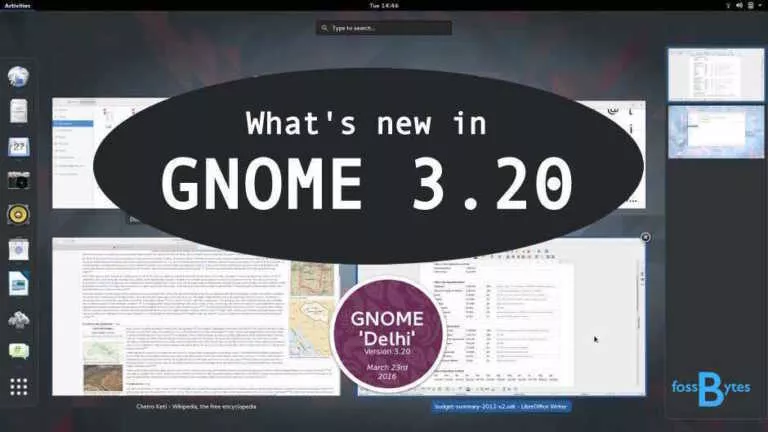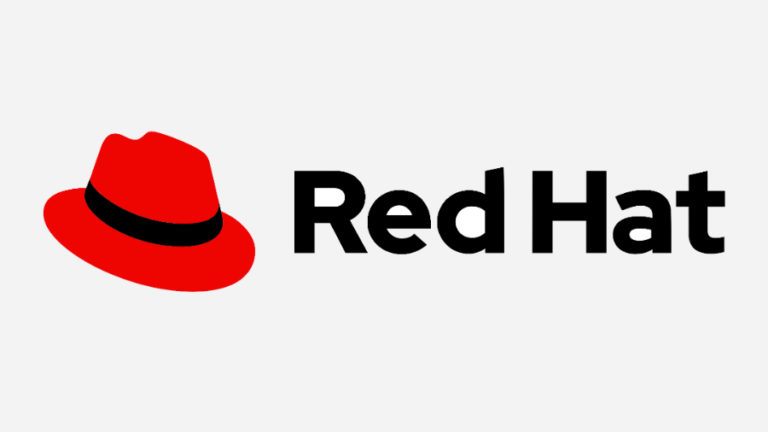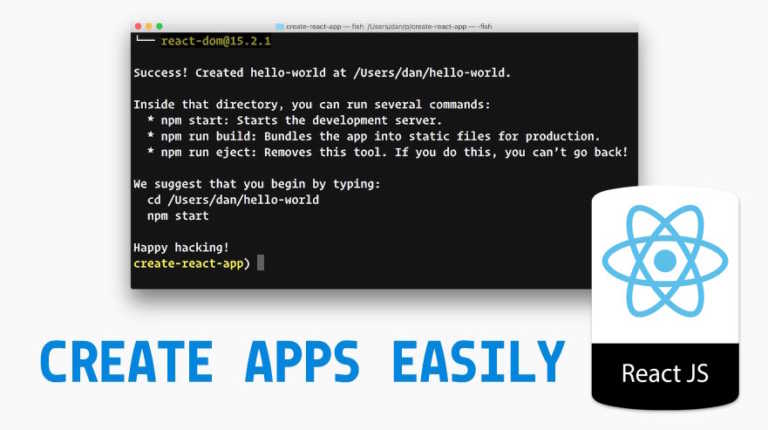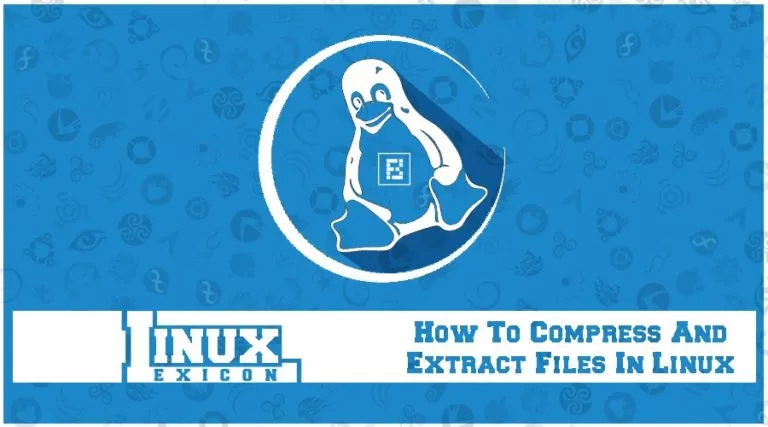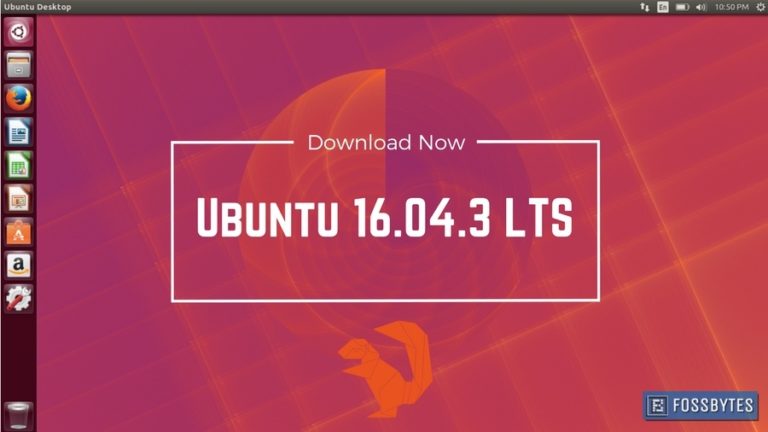What Is HTML5? Here’s Everything You Need To Know
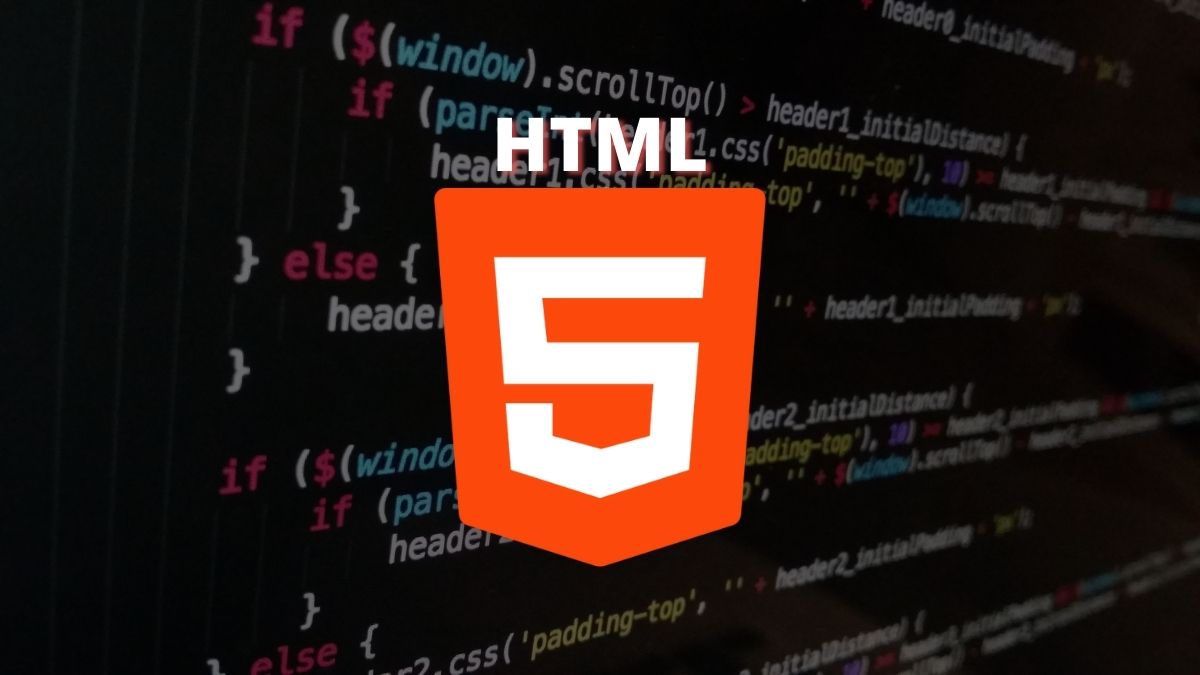
A lot has changed in the web development space over the past few years. The growth in popularity of MEAN and MERN stacks has entirely transformed how we develop websites.
However, one of the most important things that everyone needs to learn to start developing websites is HTML/HTML5. In this article, let’s look at what is HTML5 and what’s the difference between HTML and HTML5.
What Is HTML5?
HTML is an acronym for HyperText Markup Language, and it’s the basic building block of the web. The fact that you’re reading this sentence in this article is due to HTML. Although things used to build software in computer programming are called “Programming Languages” or “Libraries,” HTML is neither of them. That’s because it’s just a markup language and doesn’t have any logic.
You see, if we take a programming language like Python, there’s a lot of logic involved (if/else, for/while loops, switch/case, etc.), but in the case of HTML, we use predefined tags that don’t contain any logic. Tags are the building blocks of HTML and are used to determine the structure of a web page.
But wait, “You said you’ll explain HTML5, but you described what’s HTML.” So, are they the same or different? Great question! They are indeed different, and here are the differences between them.
Differences Between HTML And HTML5
One huge difference between HTML and HTML5 is, HTML5 introduces more tags like <audio>, <video>, <main>, <header>, <footer>, <navy>, etc. Apart from that, older HTML versions could not run JavaScript within the web browser. It also removes and replaces some tags with CSS. CSS stands for Cascading Style Sheets, which, as the name suggests, plays an important role in styling a website.
There’s also support for new form elements like date, email, time, number, search, title, URL, category, etc. HTML5 also uses cookies, whereas HTML uses your computer’s storage to retrieve data. If you want to know more about cookies and what they do, check out our article.
If you want to learn web development, there are many exciting online courses on platforms like Udemy and Skillshare. If you have any queries about HTML/HTML5, leave them in the comments section below.
If you like this simple explainer, check out our Short Bytes section. We take complex tech topics and break them into short, easy-to-understand articles.

